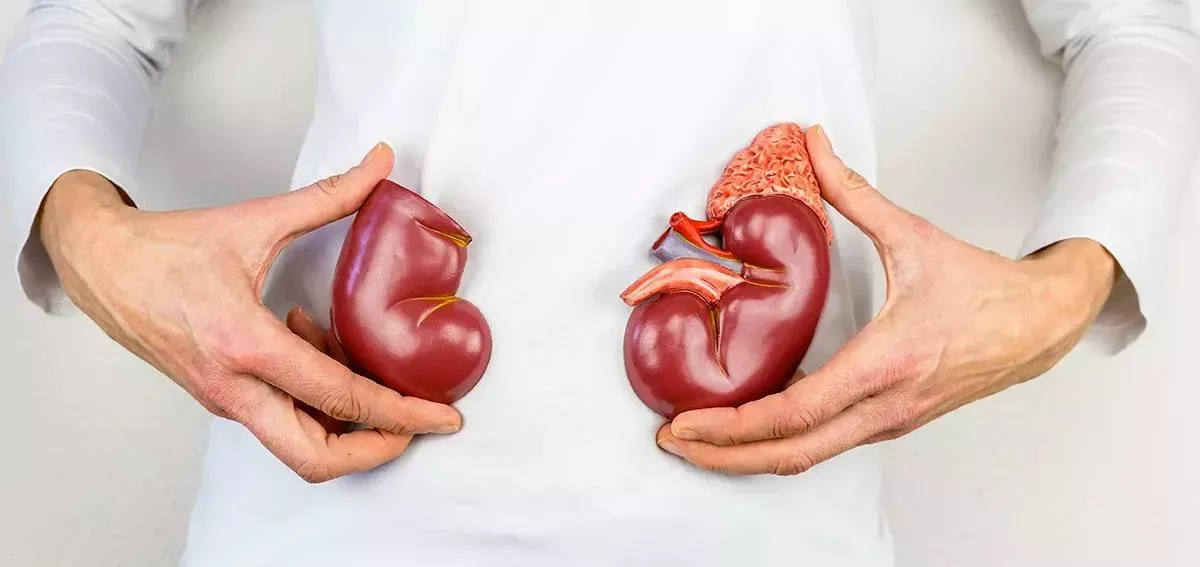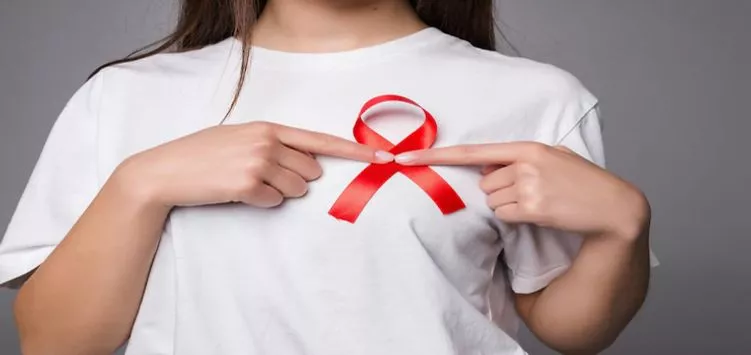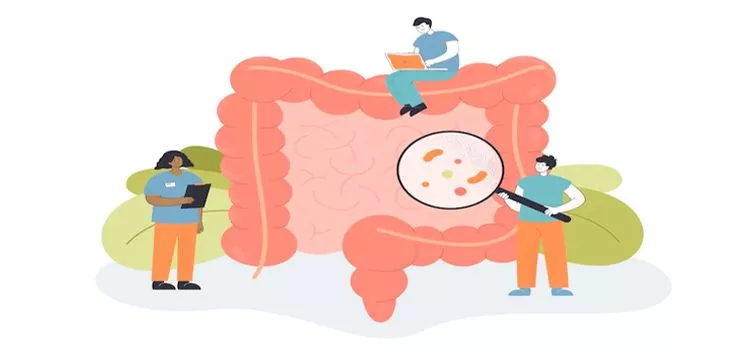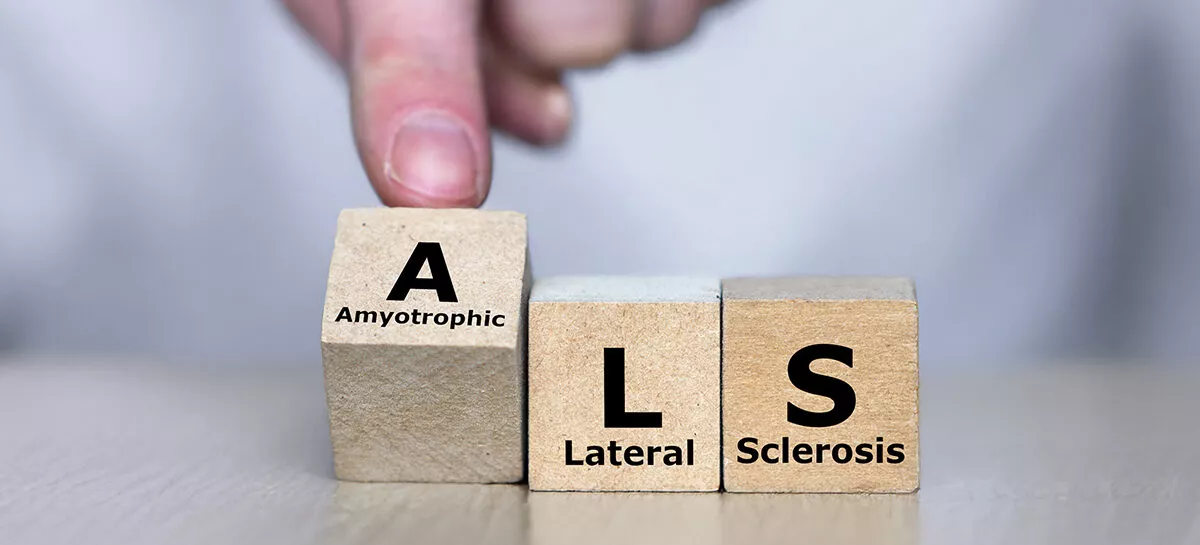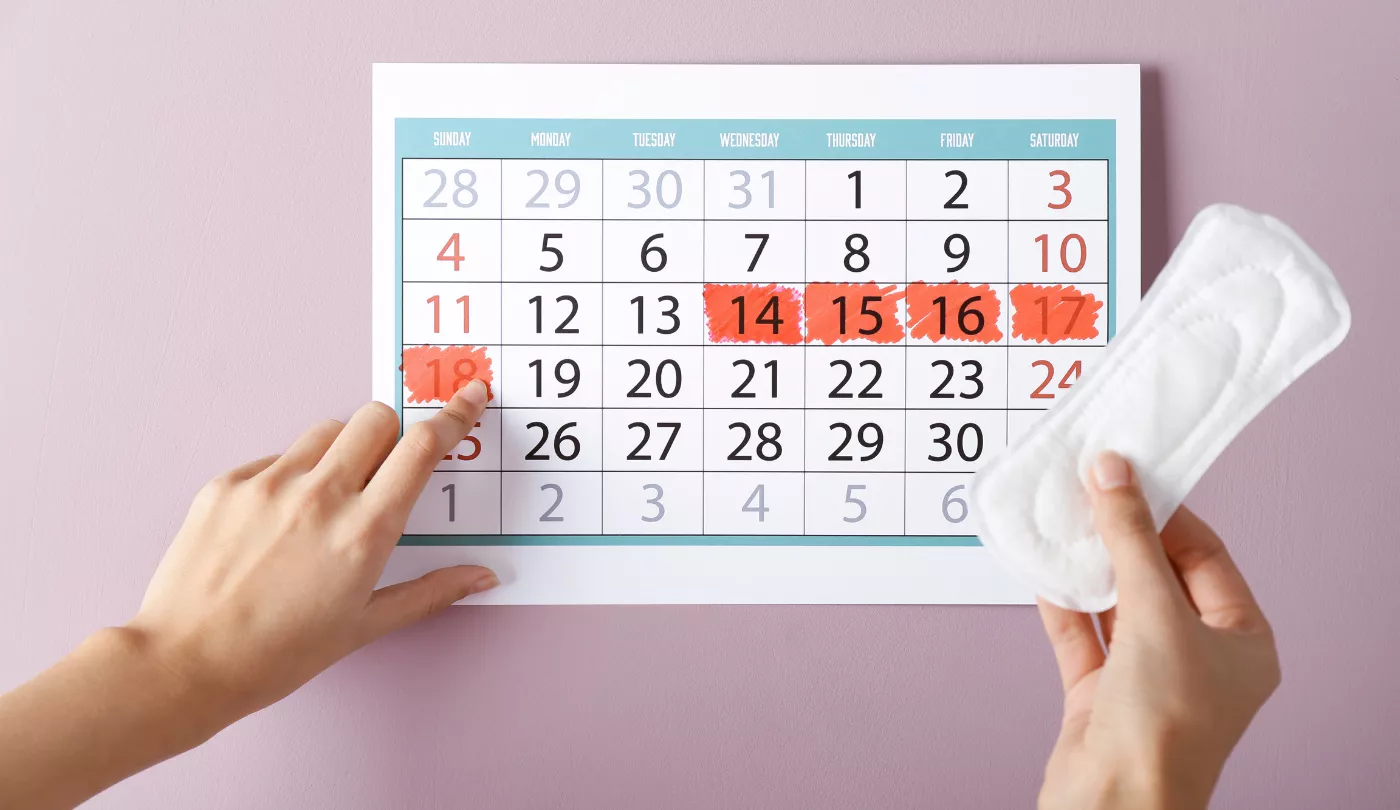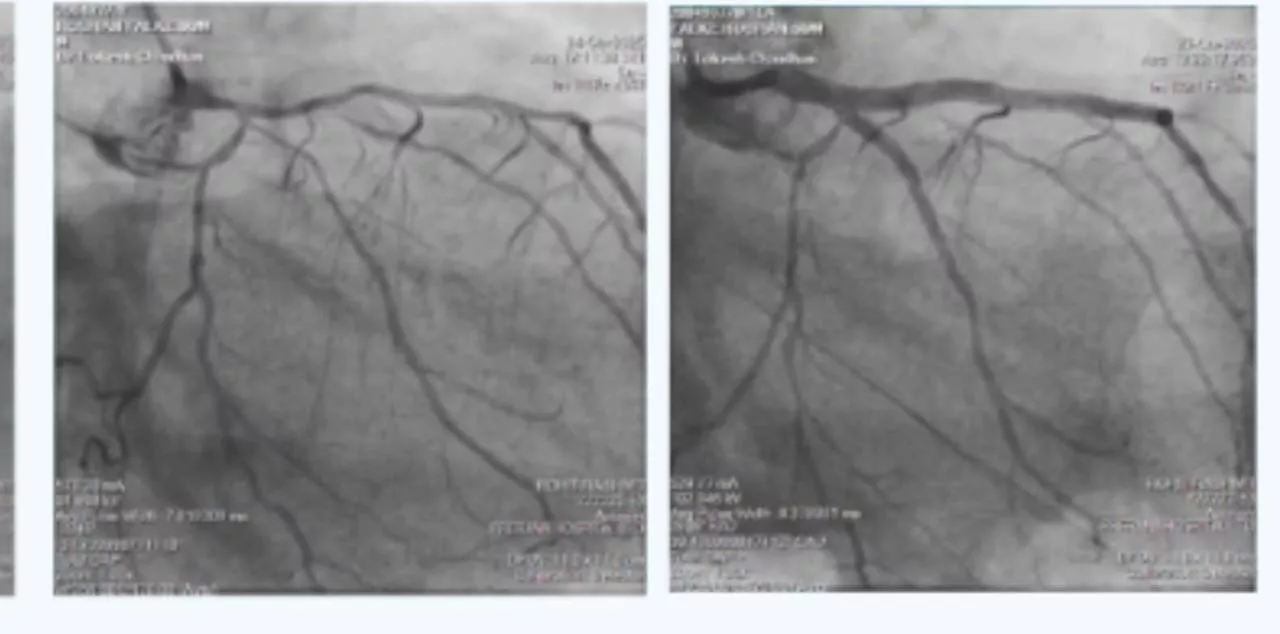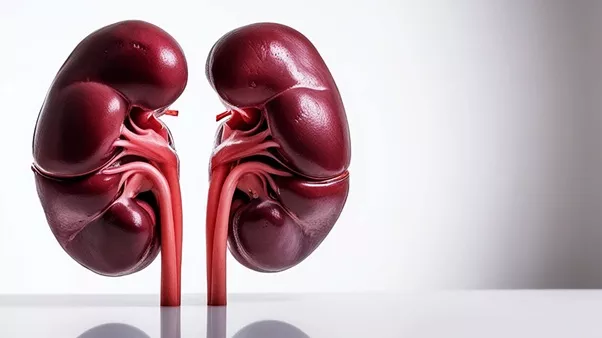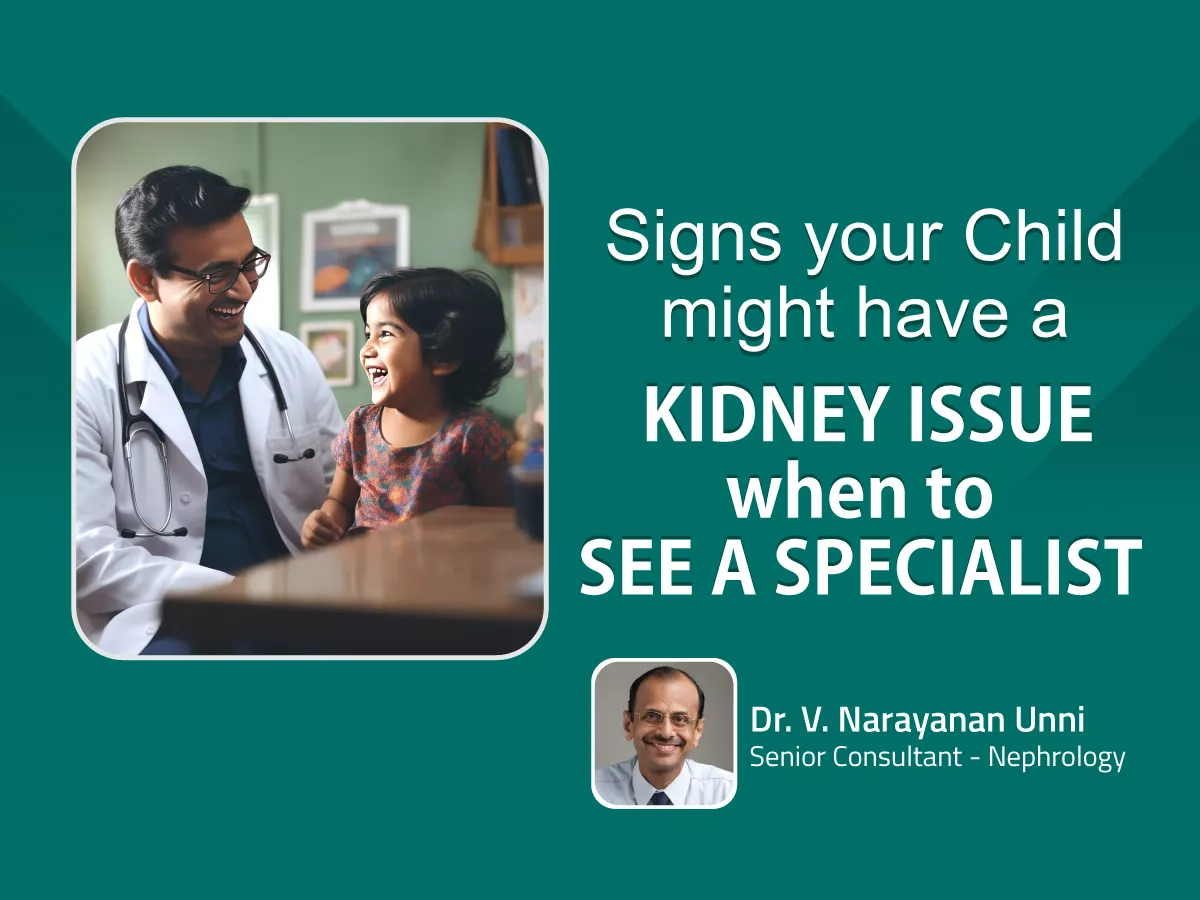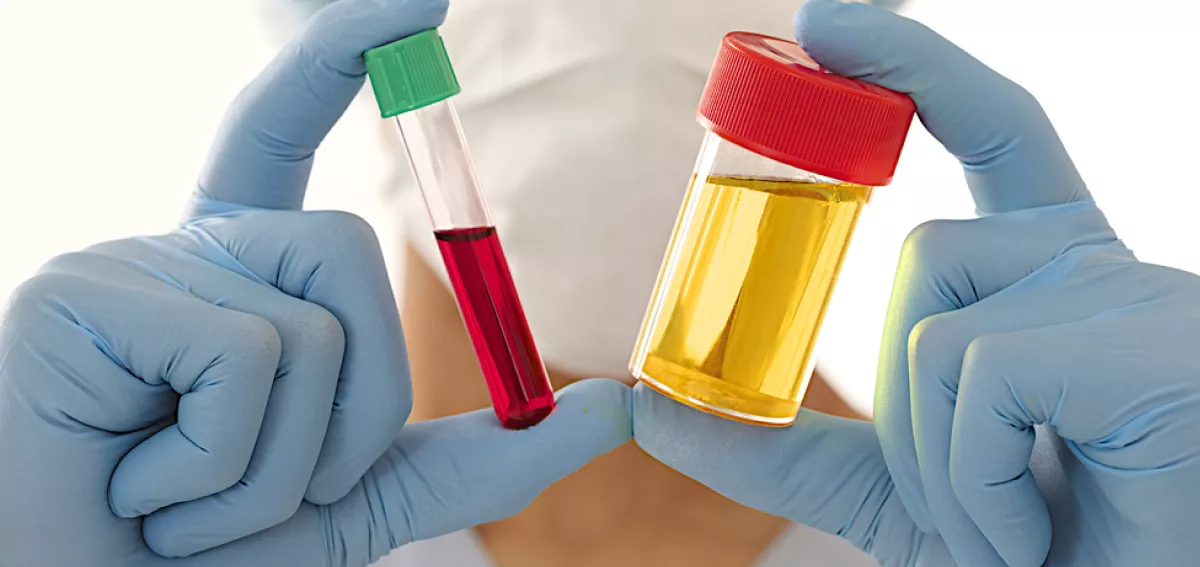Kidney stones are hardened deposits that form when the concentration of calcium phosphate or uric acid is too much in urine. These stone-like substances can be the size of a tiny ball or a sugar cube and may cause considerable pain when they get pushed into the ureters. A kidney stone can cause nausea/vomiting in addition to the pain, blood in your urine, and pain in your back. However, significant back or abdominal pain requires immediate medical attention because it could be another cause of appendicitis or ectopic pregnancy. Persistent pain while passing urine could indicate a urinary tract infection (UTI) or sexually transmitted diseases (STDs). Consult a Urologist in Kochi or nephrologists in Kochi Kerala to decide the right treatment option for you.
How Is Kidney Stone Formed?
When urine passes through the kidney, it becomes very concentrated. This concentrated urine may contain calcium, uric acid, and other chemicals dissolved, these may crystallize, forming a kidney stone or renal calculus. Usually, the calculus is the size of a small pebble, but ureters are very sensitive to being stretched, and when stone forms and is distended, the stretching can be caused excruciating pain. Most patients may not even be aware that they have a kidney stone until they feel the painful symptoms resulting from the stone being stuck anywhere along the urinary tract. In the urinary tract, small stones pass easily but larger stones may require surgery. For advanced diagnosis and treatment, visiting a nephrology hospital in Kochi Kerala can ensure comprehensive kidney care.
What Are The Symptoms Of Kidney Stone?
A kidney stone does not create symptoms until it travels around within the ureters. People may experience the following signs and symptoms:
• Pain in the lower abdomen and groin
• Colicky pain, and it varies in intensity
• Pain or burning feeling while urinating
• Sharp pain in the side and back, just below the ribs
Some of the common symptoms include:
• You may get fever and chills
• Urinating more frequently than normal or in small amounts
• Pee that is brown, pink, or red
• A constant urge to urinate
• Cloudy or foul-smelling urine
• Nausea and vomiting
As a kidney stone passes through your urinary tract, the pain may alter — for example, rising in intensity or migrating to a new spot.
How to Get Relief From Pain?
Pain caused by kidney stones can be relieved only by proper treatment, which may vary depending on the size of the stone and its cause.
A small stone with fewer symptoms:
The majority of small kidney stones do not necessitate invasive treatment. The stones can be flushed out or dissolved by:
Medical treatment: Our specialist may prescribe an alpha-blocker drug that relaxes the muscles in your ureter, allowing you to pass a kidney stone more rapidly and with less pain. Some types of alpha-blocker medicines are a combination of Dutasteride and Tamsulosin or Tamsulosin alone.
Drinking water: Drinking 2 to 3 liters of water every day will help maintain the chemical levels in your urine and prevent stone formation.
Pain relievers: As the passing of stone is a painful process, our specialist may prescribe medicines to alleviate minor pain.
Large stone with severe symptoms:
Larger kidney stones and those that cause bleeding, kidney damage, or recurrent urinary tract infections may necessitate more aggressive therapy. Among the procedures that may be used are:
Sound Waves: This is an innovative technique that may provide an effective, more accessible alternative for the non-invasive treatment of kidney stones. Researchers say that Shock Wave Lithotripsy successfully fragmented stones of various sizes, locations, and densities to under 2mm fragments within 10 minutes with negligible tissue injury.
While many stones pass on their own, other stones can be treated using a technique called Extracorporeal Shock Wave Lithotripsy (ESWL), using shock waves to break up the stones so that they can pass on their own.
Removal of stones: A urologist may recommend a stone removal procedure called Percutaneous Nephrolithotomy. It is carried out under general anesthesia using instruments and a telescope inserted from a small incision in the back. Some stones can be removed using a grasper. Others need to be fragmented using a device like a laser before extraction.
This procedure may require you to be in hospital for two days while recovering. Our specialist will recommend this procedure only if it is the last option left and if ESWL is unsuccessful in your case.
Parathyroid Gland Surgery: Parathyroid glands are located on the four corners of your thyroid gland, just below your Adam's apple. It is responsible for maintaining calcium-phosphate levels. When these glands create too much parathyroid hormone (hyperparathyroidism), your calcium levels rise dangerously high, leading to kidney stones.
When a small, benign tumor grows in one of your parathyroid glands or has another condition that causes these glands to produce extra parathyroid hormone, you may develop hyperparathyroidism. Kidney stones are prevented by removing them from the gland. On the other hand, your doctor may suggest treating the problem by causing your parathyroid gland to release too much hormone.
FAQs:
1. How long can a kidney stone stay in your kidney?
A kidney stone can stay in your kidney for years. It will eventually pass through urine if the stones are small, but it can become painful if it gets stuck and blocks the flow of urine.
2. Why are kidney stones analyzed?
Kidney stone is analyzed to identify the substances that make up the stone.
3. What dissolves kidney stones fast?
Apple Cider Vinegar, water, and lemon juice may help flush kidney stones and also prevent future formation of stones.
4. How do I know that I passed a kidney stone?
While some stones pass through urine without being noticed, others may cause nausea, blood in urine, vomiting, pain in your back or sides, pain in the groin, and fever.
5. Are kidney stones more painful in males or females?
Anyone who has ever passed a kidney stone understands how painful it can be. Though kidney stones affect men and women, men are more likely to develop a stone.
